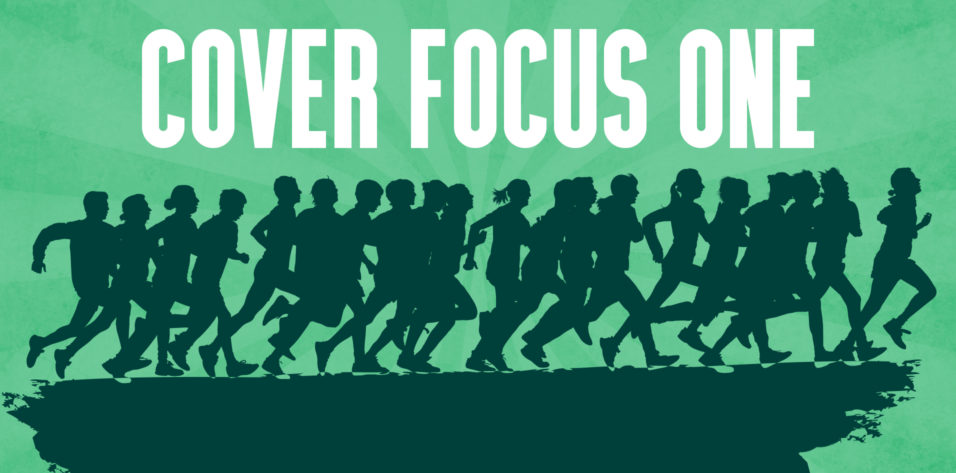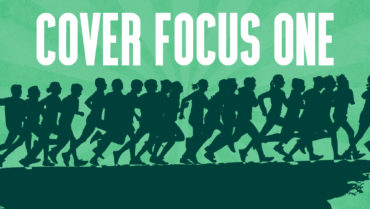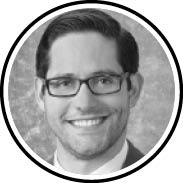
Igor Bussel, MD, MS, MHA: First, if you were stuck on a deserted island and could pick only one complex anterior segment surgery instrument to use for hunting, eating, and repositioning IOLs, what would it be? Second, what prior experiences in life made you think you’d like complex anterior segment surgery?
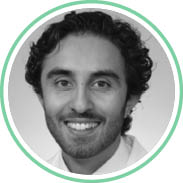
Arsham Sheybani, MD: I would pick curved micro tying forceps because I could use that instrument for grabbing the lens and manipulating sutures inside the eye.
Growing up, I did a lot of technical work, whether it was building model airplanes or creating Rube Goldberg machines. I love the technical nature of anterior segment surgery, and I enjoy the challenges it presents. I don’t like to be bored.
The one other specialty I considered was gynecologic oncology. I felt bad for patients affected by these cancers, and the surgeries for them are complex. I would have pursued this specialty had I thought I could last through a residency delivering babies. But glaucoma is somewhat similar in that it involves a serious disease with, for the most part, no behavioral component, and its treatment includes nuanced surgical intervention.
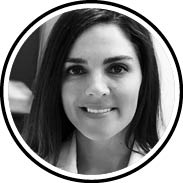
Valentina Lozano, MD: How have you dealt with the ongoing changes in ophthalmology throughout your career?
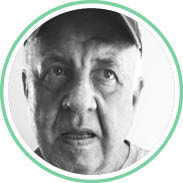
Paul K. Rentiers, MD, FACS: Ophthalmology has continuously changed throughout my career. When I first finished training, did my boards, and started in practice, I imagined I knew pretty much all I needed to know. I had been well trained in intracapsular cataract surgery. Several years later, one of my friends from residency called; he and some others were going to a meeting about intraocular lens implants. It was like a cold shower—IOLs, phacoemulsification, A-scans. I was suddenly being left behind.
So, I started attending the small, intense meetings and visiting others who were working on the frontier. In 1982, I built a certified ASC, and my practice exploded. It wasn’t all unicorns and lollipops; there was a lot of resentment by peers who were comfortable with the old methods, the hospital medical staff culture.
I learned to evaluate each new technique or technology as it appeared, without prejudice. Some things I adopted, some I monitored, and some I rejected out of hand. Instead of being drowned in the tsunami of new knowledge, I was surfing the wave. Since then, the only constant has been a continuous acceleration in the pace of change. Medicare, health maintenance organizations, the accretion of individual practices into large groups—the list goes on.
I have been a certified ophthalmologist for 50 years now. These days, I learn as much from my residents as they do from me. I am just grateful I can still understand what they are talking about.
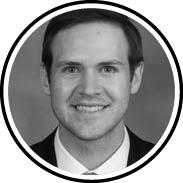
Daniel Terveen, MD: What would your advice be to yourself 10 years ago? Would you have done anything different?
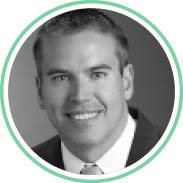
John P. Berdahl, MD: I had tremendous—the best, really—mentors in Dick Lindstrom, MD; Tom Samuelson, MD; Dave Hardten, MD; Terry Kim, MD; and Vance Thompson, MD. They all cared deeply about me and my success. So, my advice would be three-fold. One, enjoy the moment—every moment—and try to make those moments meaningful memories. At the end, all life will be a collection of those memories. Two, show appreciation for the people around you. Three, always be kind to your spouse.

Daniel Terveen, MD: How have you managed to stay relevant for 20 years while maintaining balance in your career and personal life?
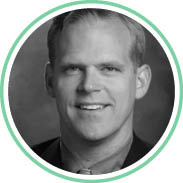
Thomas Oetting, MD: Such a nice question from Dr. Terveen!
The issue of balance is so important, but, for me at least, life has been a juggling act that is always changing. You can't be a great dad, a great husband, and a great doctor all at the same time. Sometimes you focus more on your career, and sometimes you focus more on your family. The key is to find a similarly minded boss and spouse who can tolerate or even enjoy the ups and downs with you. I don't think we should beat ourselves up when we are in a family phase and fall behind at work. Similarly, don't worry if you miss a few soccer games.
The issue of relevance for me has been easy in my job at the VA and University of Iowa. We have super bright residents (like Dr. Terveen) who share what they read, what they hear at meetings, and what they see other faculty doing that keeps me interested and current. To be honest, it's a fun challenge to stay about even with them as they pass through Iowa City. Getting involved with internet-based educational projects such as EyeRounds.org, Facebook.com/cataract.surgery, and others has been a fun way for me to share produced content and curate content from others. I encourage you to use meetings such as AAO, Women in Ophthalmology (WIO), ASCRS, Mid-Year Forum, and MillennialEYE Live to develop relationships and not just to collect content.
Thank you to Dr. Terveen for being such an outstanding member of our team at Iowa and to ME for dedicating some space to important issues like balance.
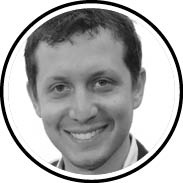
Eric Rosenberg, DO, MSE: When evaluating new and developing technologies, what factors are important in knowing if they will be successful both scientifically and fiscally?
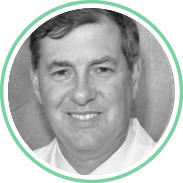
Eric D. Donnenfeld, MD: The opportunity to work on a new technology is one of the most gratifying aspects of working with industry. As an ophthalmologist in this position, I can have an impact on our entire profession. However, there are several factors that go into my approach to evaluating a new technology before I decide to commit to the time and effort involved.
First and foremost, the technology must benefit patients, and preferably it fills an unmet need. If there is not a significant benefit to patients, then there is no reason to continue the discussion. The greater the unmet need, the greater the opportunity. There are technologies that I refer to as me-too technologies, which are needed by industry to fill a gap in a portfolio that a competing company already has. These may be less interesting, but often there can be incremental improvement. The truly exciting technologies are those that fill an unmet need, benefit patients, and are disruptive. Examples of these technologies include the excimer laser, multifocal and accommodating IOLs, and microinvasive glaucoma surgery. These disruptive technologies are the ones that are the most stimulating to work with.
The fiscal perspective is also important. Developing technology is expensive, and the company must have the resources to be successful. From my experience, the single most important quality of a successful developing technology is great leadership. In addition, the product must have a financial pathway, either through private insurance, CMS, or patient shared billing. Developing a new technology is expensive, time-consuming, and filled with failure. But, when successful, it is an extraordinary achievement.

